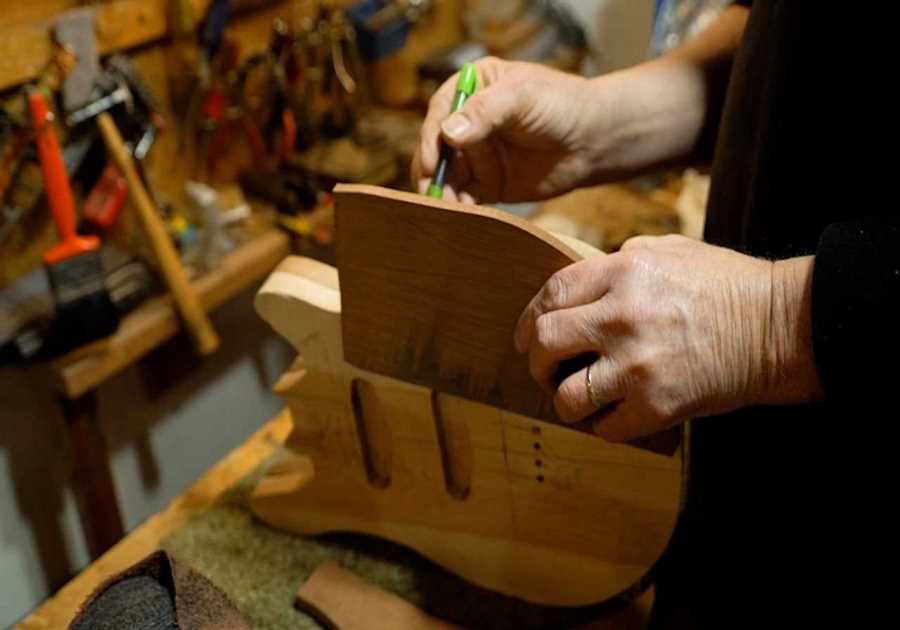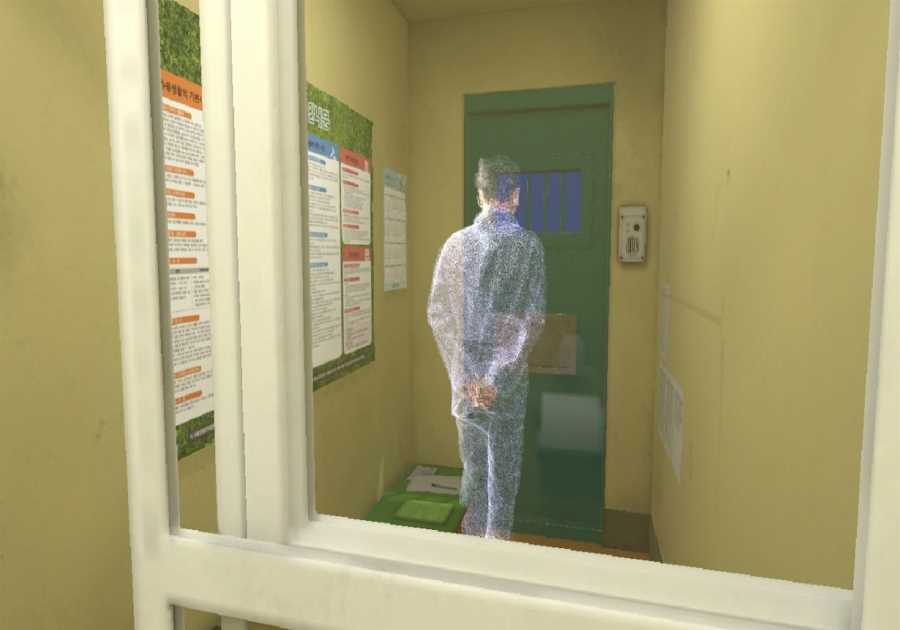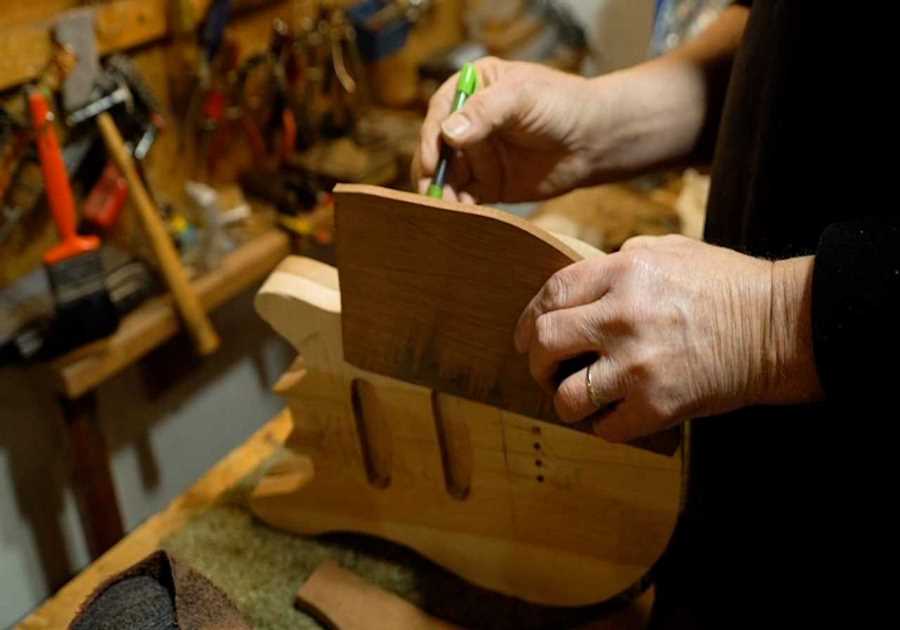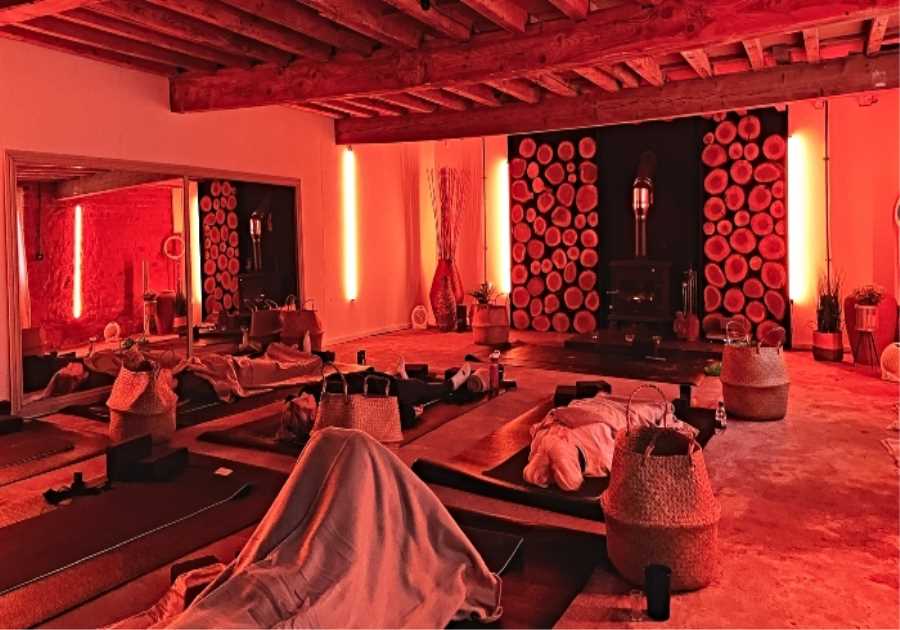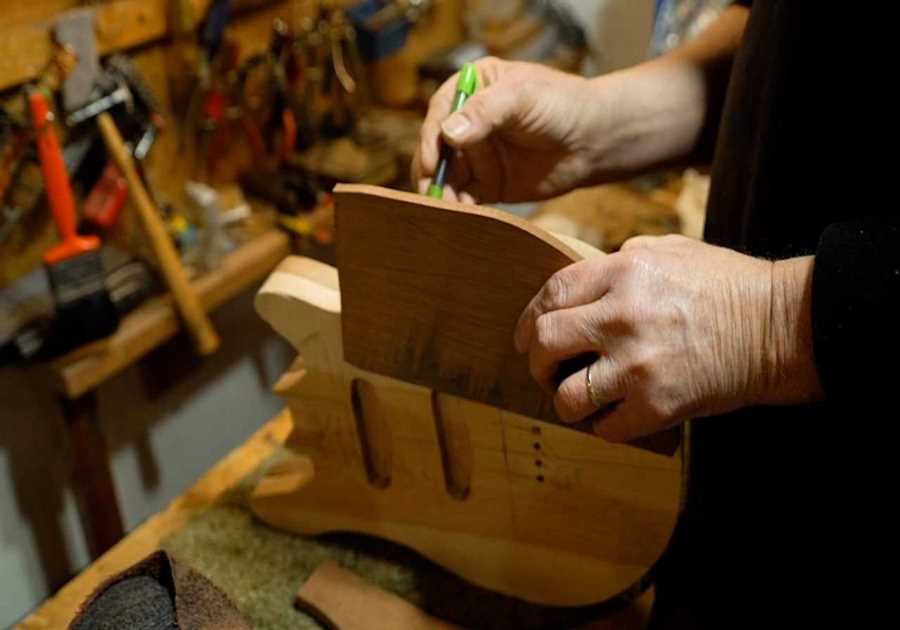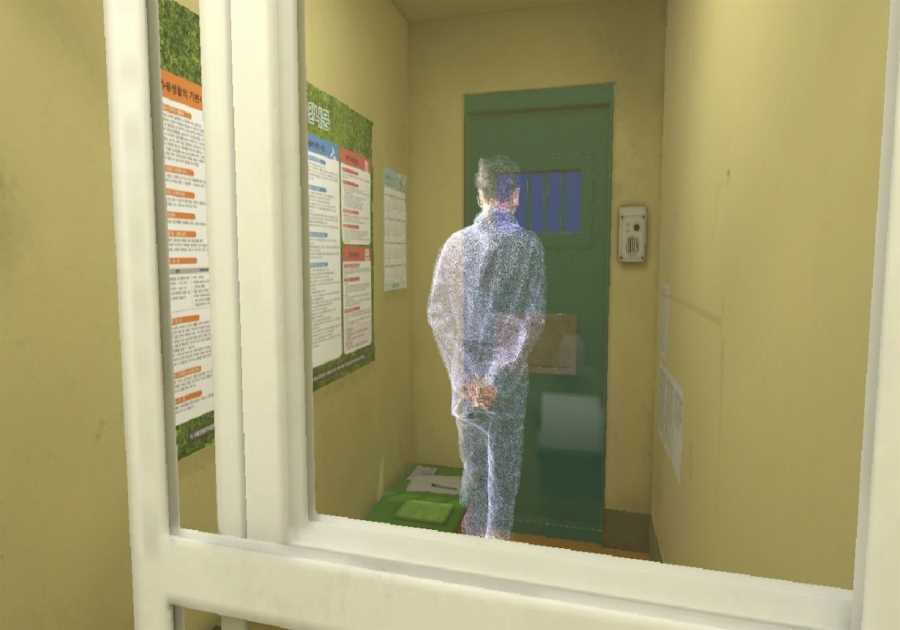Following Ajahn Brahm’s much-anticipated visit to the UK, the team at Anukampa Bhikkhuni Project are moving nearer to their aim of establishing a bhikkhuni monastery in the UK. In this article, British bhikkhuni Venerable Candā, founder and spiritual director of Anukampa, provides updates on the latest news and the next steps, sharing excerpts from two discussions with Anukampa’s spiritual advisor, Ajahn Brahm.
Ajahn Brahm and Ven. Candā at Jamyang Buddhist Centre in London. From Anukampa Bhikkhuni Project
On 18 October, I returned to England from Perth after a peaceful and spiritually nourishing rains retreat in the stunning Australian bush. After a busy year setting up Anukampa and organizing Ajahn Brahm’s tour, I felt extremely grateful to spend an extended period of solitude in the silent company of kangaroos and wildflowers, which allowed me to channel the joy of service into meditation.
The time away also provided the first opportunity since Anukampa’s conception last November to stand back and marvel at how far we have come. As I gently resurfaced from retreat, I was heartened to discover that in my absence our team had not only kept the ball rolling, but had even increased its momentum! Naturally, I began to feel excited about Ajahn Brahm’s pending visit to the UK and wanted to discuss the aims of his trip in more detail, including how he thinks the monastery will support women’s awakening and strengthen Buddhism.
Ajahn explained:
“The reason I’m going over to the UK is [because] . . . I have a sense of responsibility to the place of my birth. It was a very wonderful society and inculcated many values in me. One of those values was fairness, where people are given equity. I came from a poor background, it was disadvantaged, but because of the fairness of the system I could, through the means of scholarships, go to a very good high school, and from [there] to a very good university. I was given a chance, and I see in the UK right now, women in Theravada Buddhism are not given a chance; because of their birth they are not permitted to take full ordination in Theravada Buddhism, which, personally, because of my upbringing, [I think] is unacceptable. And also because of my upbringing, I always say, ‘Don’t just complain about things, do something!’ And it happens at this time in my monastic life that I am able to do things. I have many disciples and some of those disciples want to give some of their money for a good cause. So the next project . . . is to try and get a nice start for the bhikkhuni sangha in the UK . . . [where] a good nun like Bhikkhuni Candā has a place to stay and a place to teach. At the moment she has nowhere, really, absolutely nowhere to stay! So the requisite of lodgings is primary.
“The main guidance [for bhikkhunis] . . . is the Buddha—you take refuge in the Buddha, the Dhamma, and the sangha [as a whole] . . . [in] the guidelines of simplicity, frugality, kindness, compassion, and mindfulness, [which] are part of the Vinaya training. When it comes to other training, I’ll say in this interview, I have full confidence in Venerable Candā to be a leader. She doesn’t have that confidence in herself yet, but I do. It’s a case of, you take these people, put them in the deep end of the water, and my goodness, they swim! And no one is more surprised than they themselves that they can keep their heads above water.
“This monastery is going to happen . . . it’s just a matter of time. . . . [The bhikkhuni sangha] is the fourth leg of the chair of Buddhism, this is what the Buddha kept on saying. After he became enlightened under the banyan tree, Mara came to him and said, ‘Okay, you’re enlightened, I admit it. Now don’t go teaching, it’s just too burdensome. Just enter parinibbana now, just disappear.’ The Buddha said, ‘No, I will not enter parinibbana. I will not leave this life until I have established the bhikkhu sangha, bhikkhuni sangha, laymen, and laywomen Buddhists: the four pillars of Buddhism.’ Forty-five years later, at the Capala Shrine, Mara came again and said, ‘You’ve done it! There are lots and lots of bhikkhunis enlightened, lots of bhikkhus enlightened, great laymen and laywomen Buddhists . . . so keep your promise,’ and [the Buddha] said, ‘Okay, in three months, I’ll enter parinibbana.’
What those two passages from the suttas demonstrate is that it was the Buddha’s mission; it was why he taught—to establish those four pillars of the sangha. We have lost one, so every Buddhist who has faith in the Buddha should actually help the Buddha re-establish the bhikkhuni sangha. It was his mission, [but] because of history his mission has been thwarted.”
It was on the back of such inspiration and encouragement that I returned to the UK and plunged into final preparations for the tour. Ajahn Brahm arrived a week later, somehow escaping jet lag. The whole program was a huge, sold-out success and I am still basking in the warm afterglow!
Ajahn Brahm clearly enjoyed being back in his homeland. As we traveled through his old stomping grounds, people frequently approached him and thanked him for the teachings they regularly view on YouTube and, in some cases, even for saving their lives! In the streets of Brighton he literally bumped into one man who was astonished to find the “virtual” Ajahn Brahm suddenly manifest in the flesh! Unfortunately, there were no tickets left for that man to attend the evening talk “Forgiveness and Compassion,” but he has since written to us to say that the encounter was so serendipitous that he wished to become an Anukampa volunteer!
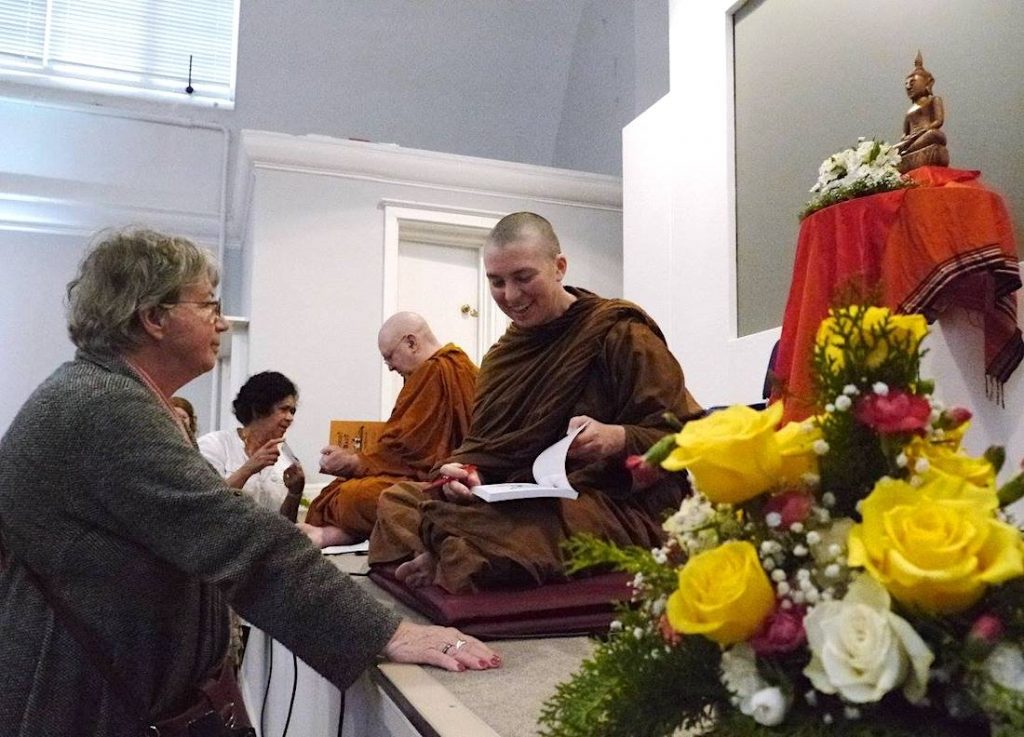
Ajahn Brahm and Ven. Candā signing books on tour. From Anukampa Bhikkhuni Project
The tour got off to a cracking start at the London Buddhist Vihara, where “Happy Dying, Happy Rebirth” was live-streamed. Unfazed by his grueling journey, Ajahn delved energetically into the fascinating subjects of death, rebirth, quantum physics, and paranormal phenomena for two hours, helping us view dying in a much more positive way. In Cambridge we learned how to befriend our inner fear and how fighting—even making peace with fear so that it disappears—only causes it to grow. One of the most pertinent topics of the tour was “Developing Spiritual Community,” and it was wonderful to see it happen before my eyes.
The Dhamma has an amazing power to bring together people of all backgrounds, cultures, genders, and races, and this was evidenced in the attendance, especially at our two-day retreats. Among us were friends from Australia, Bangladesh, Belgium, Brazil, Bulgaria, France, Germany, Italy, Nepal, Norway, Poland, Singapore, Slovenia, and Sri Lanka, and Ajahn’s wisdom and warmth (and even humor), seemed to reach us all.
Our monastery project was also met with great enthusiasm, and many expressed their wish to be involved. A graphic designer, a lawyer, a property developer, and even a webmaster came forward (just as we were searching for the latter!) Several women told me it was healing and empowering to see steps taken to redress gender inequality in monastic Buddhism, to feel represented and also comfortable enough to discuss such “female” matters. Not only did the tour succeed as a community-building exercise, we also raised about £50,000 (US$63,000) through tickets and donations, and we recently received a further substantial sum from an anonymous donor, who simply thanked us for the opportunity to give! We are indeed humbled by and grateful for such patronage in the early phases of Anukampa, and have been receiving heartwarming notes of congratulation from the bhikkhu sangha in Perth, among other friends worldwide. With this, the monastery seems set to become a reality, just as Ajahn envisaged. Two or three very generous women have already offered me temporary accommodation in London and Manchester, and by this time next year we may be ready to start looking for an initial base.
Last year, when Ajahn Brahm first proposed that I establish a nun’s monastery in England, it seemed like a distant and unlikely dream. However, his unprecedented visit acted as a catalyst to bring people together in pursuit of this worthy goal. We now have six skilled and dedicated trustees and a steadily growing number of volunteers eager to take things forward. Our next goal is to register Anukampa as a charity, for which the help of the aforementioned lawyer couldn’t be better timed! We are also delighted to have two more highly experienced advisors: Ven. Hasapanna, abbess at Dhammasara Nuns’ Monastery, and Ajahn Brahmali, second in command (or demand!) to Ajahn Brahm at Bodhinyana Monastery in Perth. Both venerables will be of invaluable support as the community develops.
Ajahn arrived back in Perth on 4 November and soon afterward reported further uplifting news: a lady with terminal cancer had just had a CT scan after attending our weekend retreat, “Developing a Still, Happy Mind,” which showed that two of her four tumors had vanished and the remaining two had shrunk by 80 per cent! More recently, in a telephone interview on 15 November, I asked Ajahn about his impressions of the tour and the next steps for Anukampa. His answers convey the joy I still feel.
VC: How was your trip to the UK?
AB: The trip was very inspiring. I was very happy with the level of interest in Anukampa Bhikkhuni Project. Many people came out who I never thought would support to such a degree and who were very excited about this, understanding that it is historic and needs to be done. There was a lot of excitement and joy, so I was very happy about that.
VC: Was the tour a success in terms of getting closer to Anukampa’s aims?
AB: Yes, much more than I expected. When I came on this trip I was not quite sure whether it was going to be successful or not. I needed to see whether people were really hot or cold on the idea, and it exceeded all my expectations. So many people understood why we’re doing this and they were very, very supportive and happy, talking to me, talking to you [Venerable Candā], and in so many ways offering support—it exceeded expectations!
VC: Do you sense the necessary interest for making a bhikkhuni monastery viable?
AB: There is more than sufficient interest. Every time I’ve built monasteries in the past, as soon as they are built they’re not big enough [laughing]! So I think we are going to have a huge number of people who are very, very interested in supporting the place, visiting the place, and even ordaining there. I think it’s a very, very exciting project.
VC: What are the next steps from here and how will you be giving your support?
The next steps are obviously [continuing] to raise funds, because property in the UK is not cheap. But we’ve got a really, really good start, so we know it’s going to happen, and also [it’s important to] to keep people informed as to how it’s progressing. As for the trustees, we have to make sure that all the documents are in order, get our charitable status, and then we can raise sufficient funds to get started. Obviously, the more funds we receive, the more properties fall into our range! So it’s time now to raise funds, do the research, and find out what sorts of properties are suitable.
VC: What would you suggest lay people can do to help create a community for the support of Anukampa’s aims?
AB: Just keep in touch, read the newsletter, listen to one another, and actually see how we can take this further. In the meantime, any fundraising—I know this is really boring to talk about but, you know, these things don’t happen from nowhere!—so, any fundraising ideas that people have—from cake stalls to anything else—so we can get enough funds together. That’s the lay people’s job usually. And, when you’re around [Ven Candā], to invite you to give talks in places, more meditation retreats, so it keeps the pot warm.
VC: One idea we have is to create a community group for friends of Anukampa—people who came to the tour, or met me—so they can meet each other and keep in touch. I can be present when I’m around.
AB: Exactly. Or, if they are interested, they can download and listen to my talks from the Internet together.
VC: In terms of building bridges with the existing Forest Sangha monasteries and the Siladhara nuns in the UK, how should lay people who wish to support both proceed in a way that benefits all?
AB: First of all, just keep everybody informed. When people have accurate information, many misunderstandings are avoided. So make sure the monasteries at Amaravati and Chithurst are kept well informed of what we are doing and how we are doing it, and say that this is not competing, it’s cooperating; it’s not taking away from one monastery, it’s actually adding to the rich fabric of Buddhism in the UK.
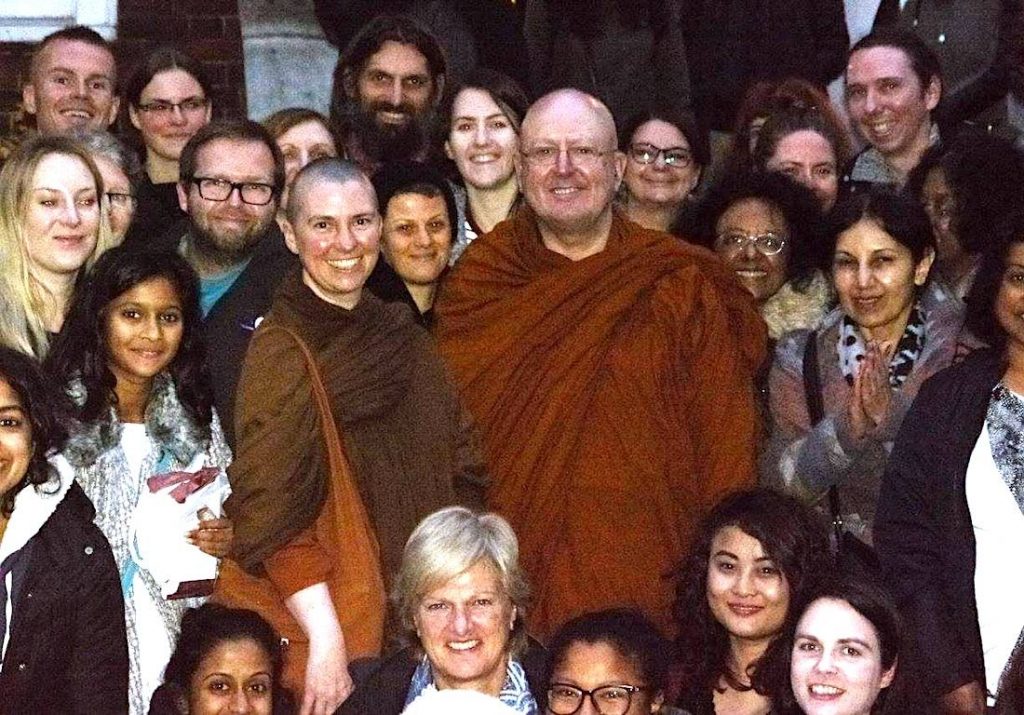
Ven. Candā with Ajahn Brahm and volunteers. From Anukampa Bhikkhuni Project
With these inspiring, magnanimous words, I leave you, the reader, to consider how you would like to contribute to this project in a way that benefits and unites us all. May all beings be happy, at peace, and be fully liberated.
Editing by Paul Michael Burton
See more
Anukampa Bhikkhuni Project
Anukampa Bhikkhuni Project (Facebook)
Related features from Buddhistdoor Global
Anukampa Bhikkhuni Project: The First Buddhist Nunnery in the UK
Reviving the Bhikkhuni Sangha in Indonesia: an Interview with Ayya Santini
Beyond 2,600 Years of Buddhism: A Reflection on the 1st ASEAN Buddhist Conference on ASEAN Buddhists
The 2,600th Anniversary of the Global Bhikkhuni Sangha and Fourfold Sangha of the Buddha
Offering Welcome: Ayya Tathaloka
Life in the Red – The Long Journey to Really Being Daughters of the Buddha
Reflections from the 14th Sakyadhita International Conference: Nurturing the Theravada Bhikkhuni Sangha
The Journey of Women Going Forth into the Bhikkhuni Order in Bangladesh: An Interview with Samaneri Gautami, Part 1
The Journey of Women Going Forth into the Bhikkhuni Order in Bangladesh: An Interview with Samaneri Gautami, Part 2
The Journey of Women Going Forth into the Bhikkhuni Order in Bangladesh, Part 3: The Bhikkhuni Order Is Established

